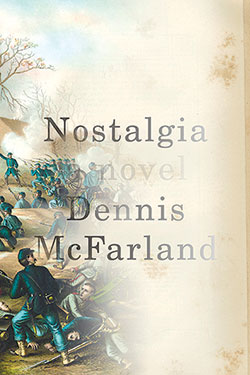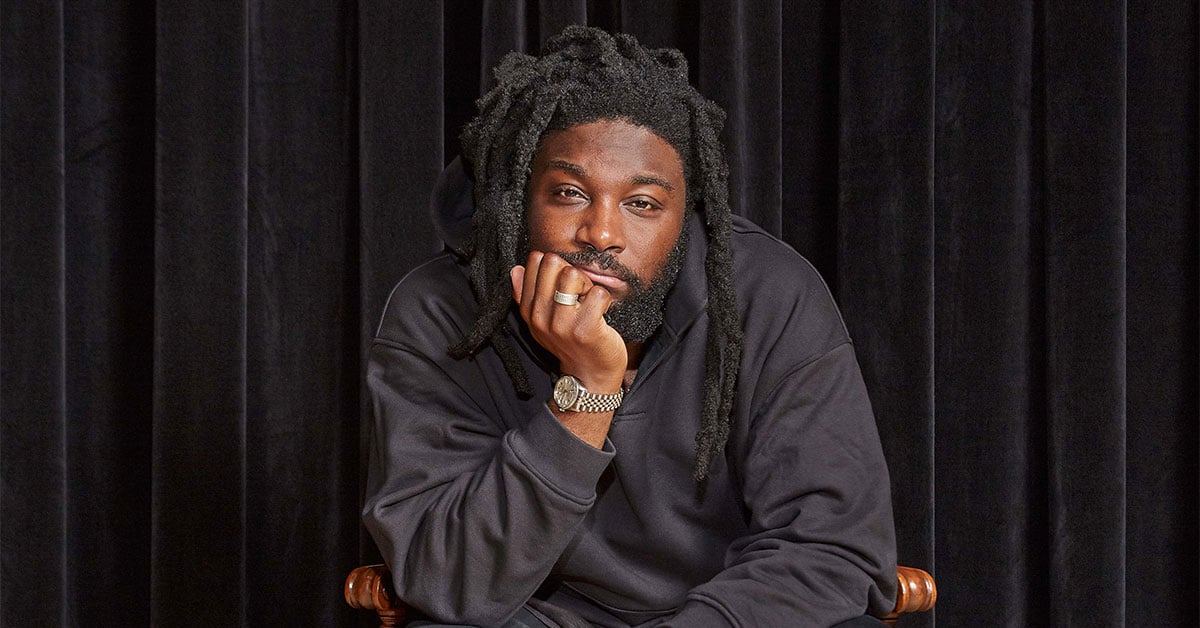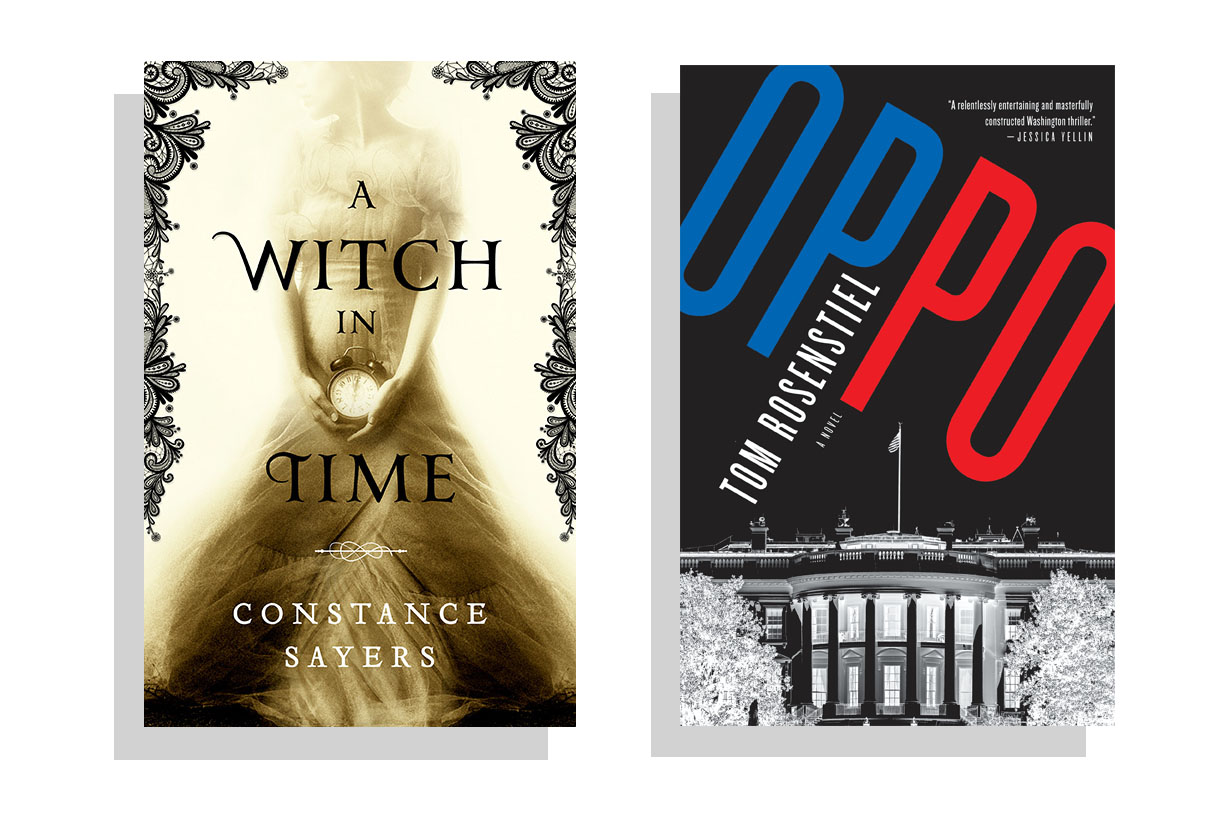The title of Dennis McFarland’s dreamlike, often harrowing
Civil War novel, Nostalgia, refers not to a benign longing but to
a serious—and, among soldiers in that conflict, much diagnosed—condition
akin to posttraumatic stress. Summerfield Hayes, a Union private
incapacitated by a blast and suffering from “nostalgia,” has been
abandoned in the chaos of battle while advancing through Virginia.
His
goal is to get to Washington, “not be killed as a deserter on the way,”
and from there return home to Brooklyn. He does make it to “Washington
City” via a hospital where, struck mute, he’s surrounded by degrees of
pain and pathos, including an amputee who cradles his stump as if it’s a
baby, that test his compassion.
Into this way station steps a visitor,
poet Walt Whitman, and it’s through Hayes’s relationship with the gently
transgressive writer that McFarland plumbs the novel’s deeper mysteries.
“Maybe it’s not so bad, losing the so-called art of speech,” Whitman
muses. “Most of life gives language the slip anyway, I find. Look at me: I
rattle all day long and into the night and say only a fraction of what I
feel . . . .”
McFarland, a master of words himself (“. . . over the surface
of the pool, the moon has knit a quivering net of silver-white ropes”),
tells a story in which the clamor of war competes with “the brilliant
impenetrable silence, the speechlessness, the loss of meaning.” Within
that tension it is Hayes’s—indeed, anyone’s—task to find an imperfect
peace.
This article appears in the October 2013 issue of The Washingtonian.

Publisher:
Pantheon
Price:
$15.57

















